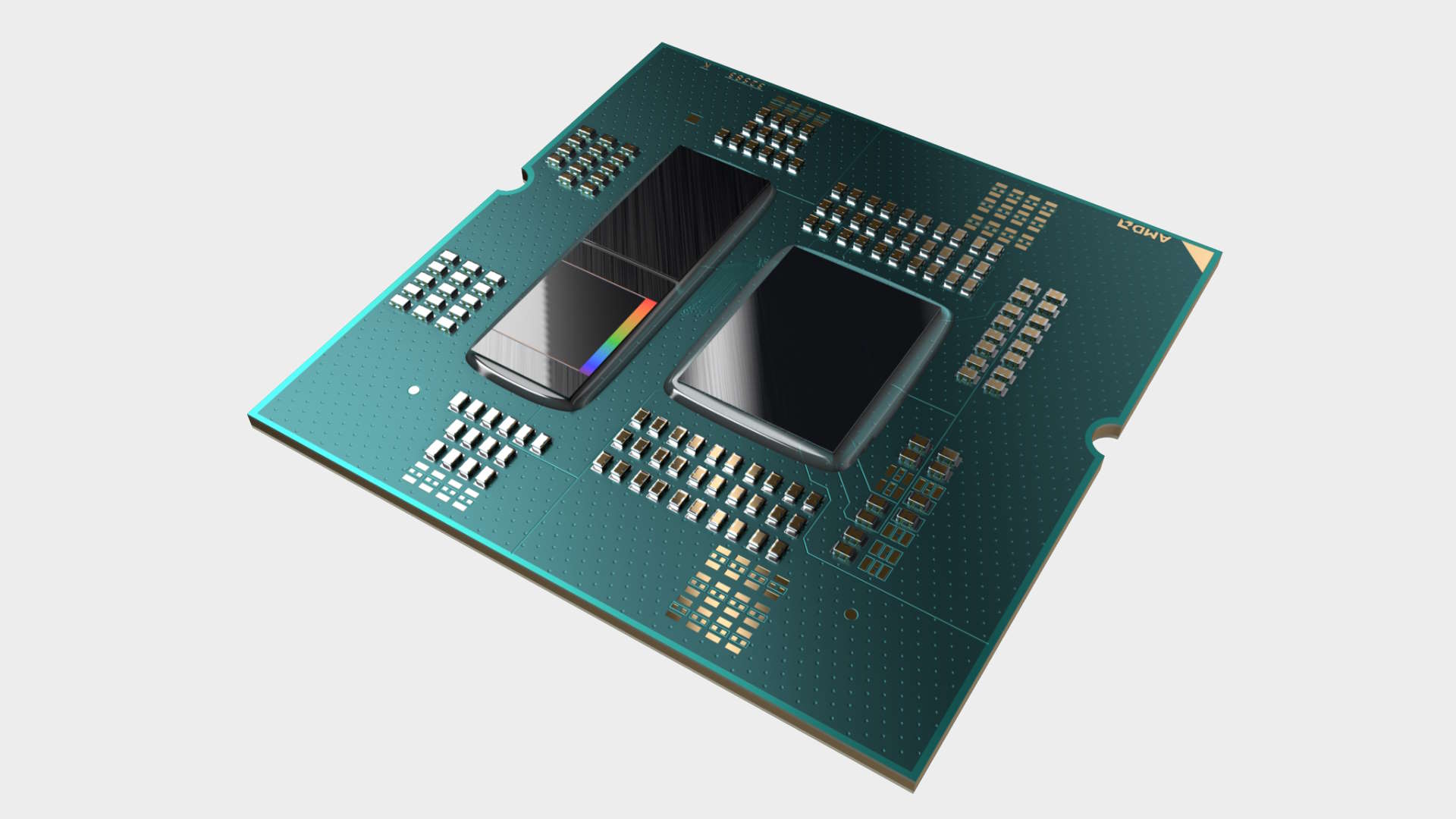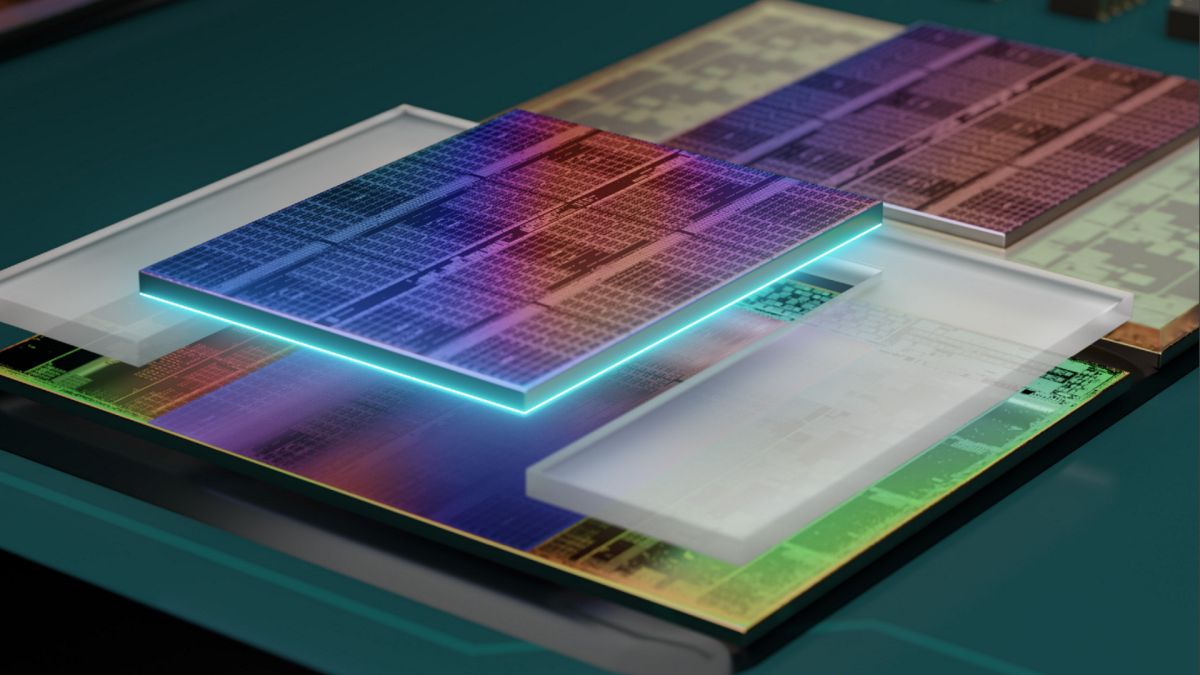[ad_1]
AMD’s best gaming CPUs ever are coming out on February 14! Oh… wait… no, that was a mistake. But good news, the new 3D V-cache chips are inexplicably going to support overclocking! Oh… wait… no, that was also a mistake.
I mean, this is getting silly now. We’ve been waiting on AMD to launch its new gaming-focused AM5 processors (opens in new tab) since we were sat in a Texas hotel with the design team, grilling them over when it was going to start fusing a ton of extra cache onto its new chips.
And, you know what, AMD doesn’t seem to be taking this launch very seriously at all.
A few weeks ago, there was talk of a February 14 release date on the AMD website (opens in new tab), though that turned out to be a mistake and was immediately removed. And then yesterday we learned the product pages actually listed all three of the new Ryzen 7000X3D CPUs were going to be “Unlocked for Overclocking.”
That was a surprise given that the Ryzen 7 5800X3D (opens in new tab) launched with both a lower clock speed than its Ryzen 5000-series predecessors and was completely locked out of the overclocking fun. Well, not quite completely.
It is still locked for traditional overclocking though we have seen folks overclock it to 5.14GHz via the BCLK (opens in new tab) setting in a super expensive motherboard. According to our review, the $450 CPU (on sale recently for $335) is a “technically elegant, efficient CPU that delivers on its promises.” It’s the fastest gaming processor you can jam into any AM4 motherboard, and so is actually still a rather effective chip given the relative ubiquity of the platform.
So yeah, that was a bit of a red flag.

It would have theoretically been possible for AMD to allows some sort of overclocking on the Ryzen 9 7950X3D (opens in new tab) and the 7900X3D (opens in new tab) because those are the two dual-CCD processors. One of the CPUs has the 3D V-cache mounted on it (which is what reduces the voltage and clock speeds) and the other is exactly the same as the non-X3D Zen 4 chips.
The way it’s apparently going to work with those dual-CCD CPUs is that Windows and the AMD drivers will be smart enough to know which compute chip is the right one for whatever primary application you are running (opens in new tab). Does the software benefit more from high clock speeds? Go for the standard CCD. Does it actually get more out of a huge pool of attached cache memory? Go for the 3D V-cache die instead.
With the CCDs being so separate in the thinking of the OS means that theoretically you could just overclock the standard CCD to a higher clock speed and glean even more benefits from that die for the relevant software, even if you can’t touch the 3D V-cache one.
The Ryzen 7 7800X3D (opens in new tab), however, just uses a single CCD, just like the Ryzen 7 5800X3D, and so there’s no surprise that this one has no hope of overclocking outside of some hairy BCLK chicanery.
We still don’t know when these new processors are going to arrive, but I’d be hopeful for a February release myself. Just lets hope the next announcement will contain the correct date.
[ad_2]
www.pcgamer.com
